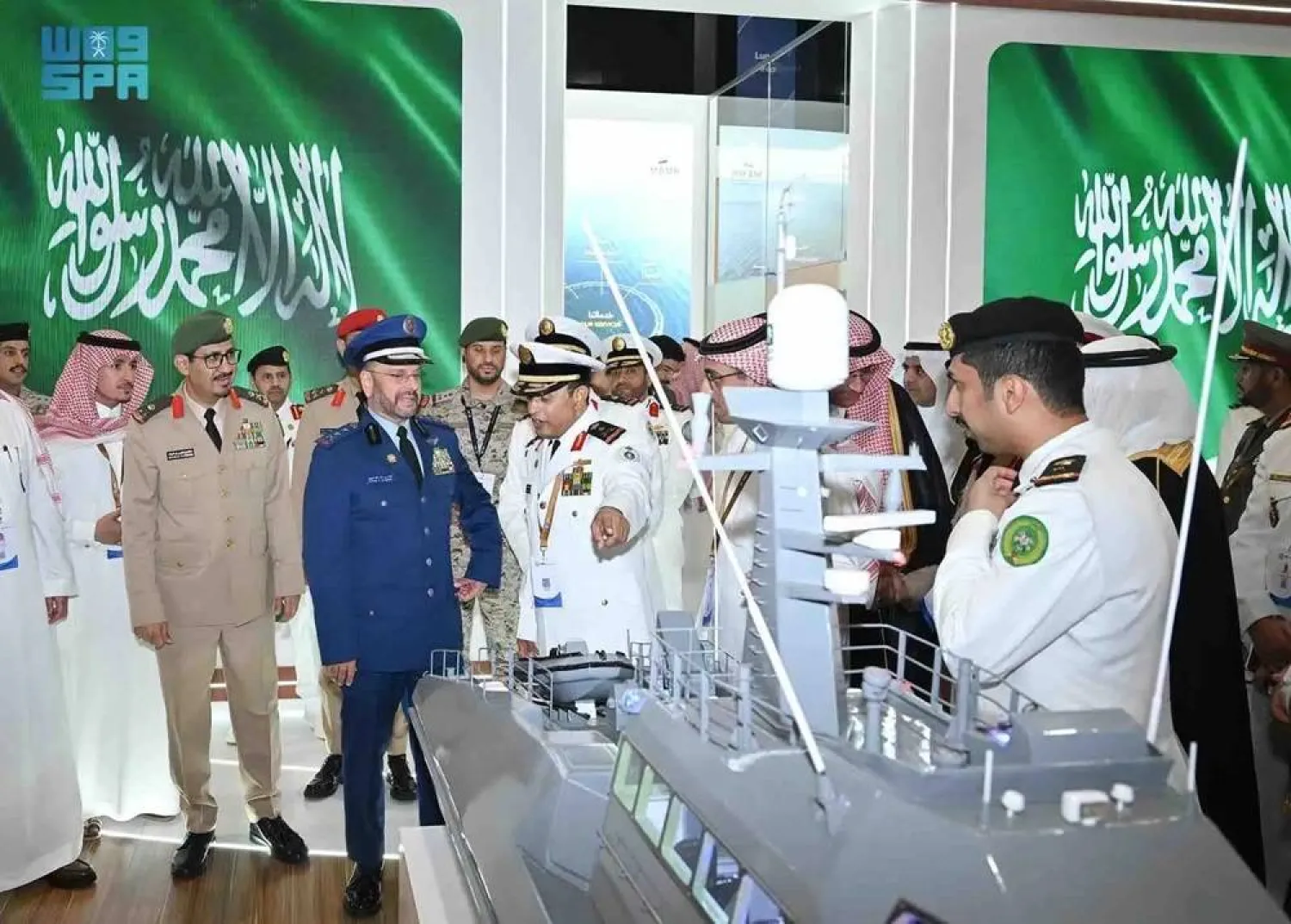The Third Saudi International Maritime Forum opened in the Eastern Region on Tuesday.
The event is organized by the Royal Saudi Naval Forces under the theme “Maritime Security in the Age of Artificial Intelligence – Trends and Threats”.
The forum, held under the patronage of Minister of Defense Prince Khalid bin Salman bin Abdulaziz, was attended by Chief of the General Staff General Fayyadh Al-Ruwaili, alongside senior naval leaders, experts, government officials, and representatives of global maritime companies and regulatory bodies.
Chief of Naval Staff Lieutenant General Mohammed bin Abdulrahman Al-Ghuraibi expressed gratitude for the Minister of Defense’s support, noting that the forum aligns with the rapid advancements in artificial intelligence shaping global maritime security.
He highlighted the forum’s objectives, including fostering international collaboration on maritime security, exchanging knowledge among naval leaders, promoting the adoption of advanced systems in the maritime sector, raising awareness about environmental conservation, and leveraging emerging technologies to address security challenges.
The forum also features an exhibition, inaugurated by Al-Ruwaili, showcasing strategic services and innovations from sectors and companies specializing in maritime security.
Spanning three days, the forum brings together 42 speakers across five dialogue sessions and 21 workshops. Key topics include maritime strategies in the age of artificial intelligence, policies and regulations for integrating AI into maritime operations, the impacts of advanced maritime systems on security and cybersecurity, training and development of maritime professionals in the AI era, and the future of military industries in AI-driven technologies.
Additionally, 29 government agencies and 23 local and international companies are participating in the exhibition, displaying the latest equipment and technologies in maritime security.
The forum underscores Saudi Arabia’s commitment to advancing global maritime security and innovation through collaboration and technology-driven solutions.









